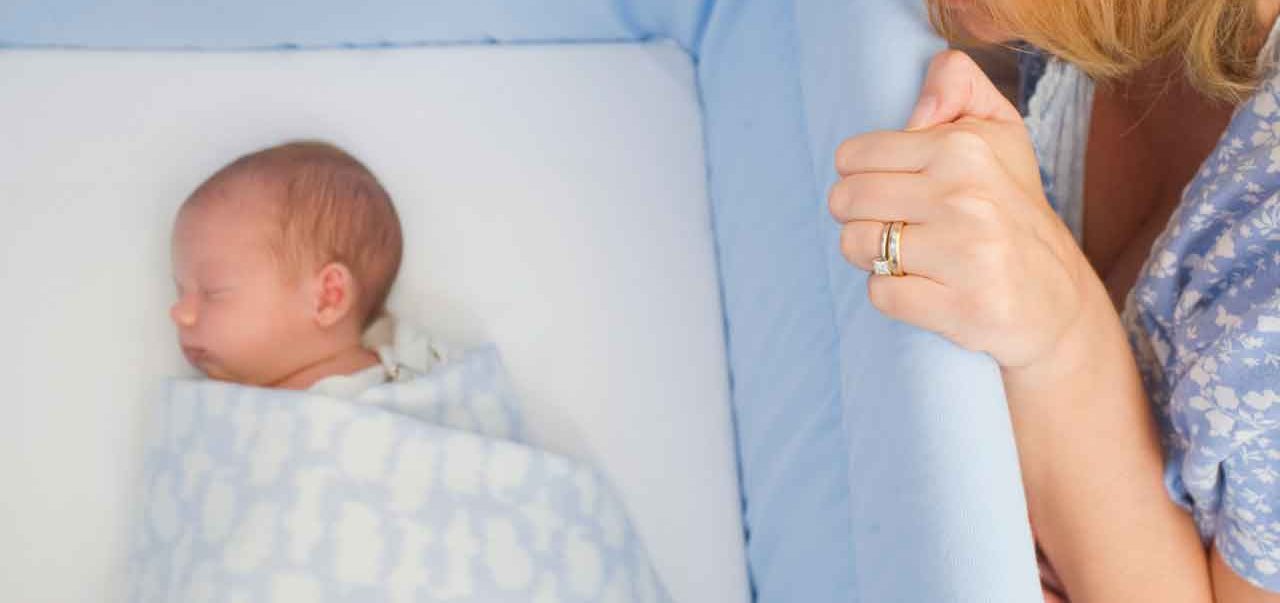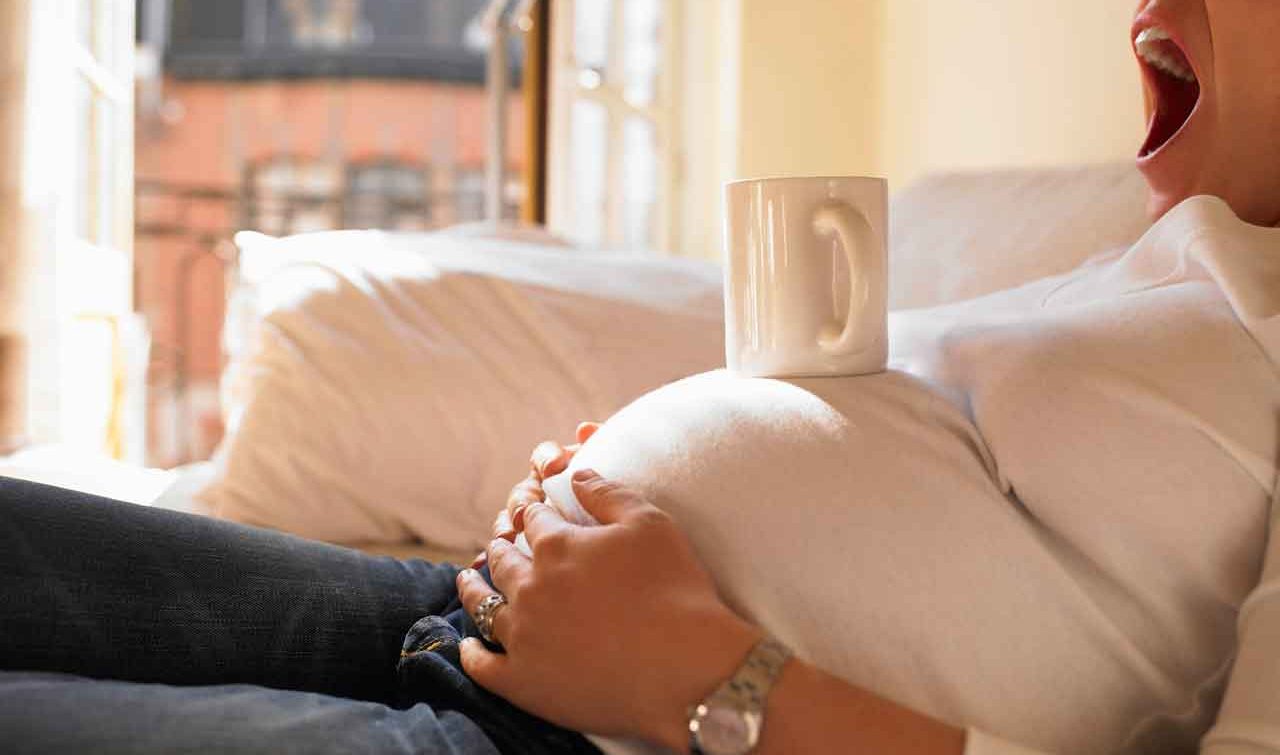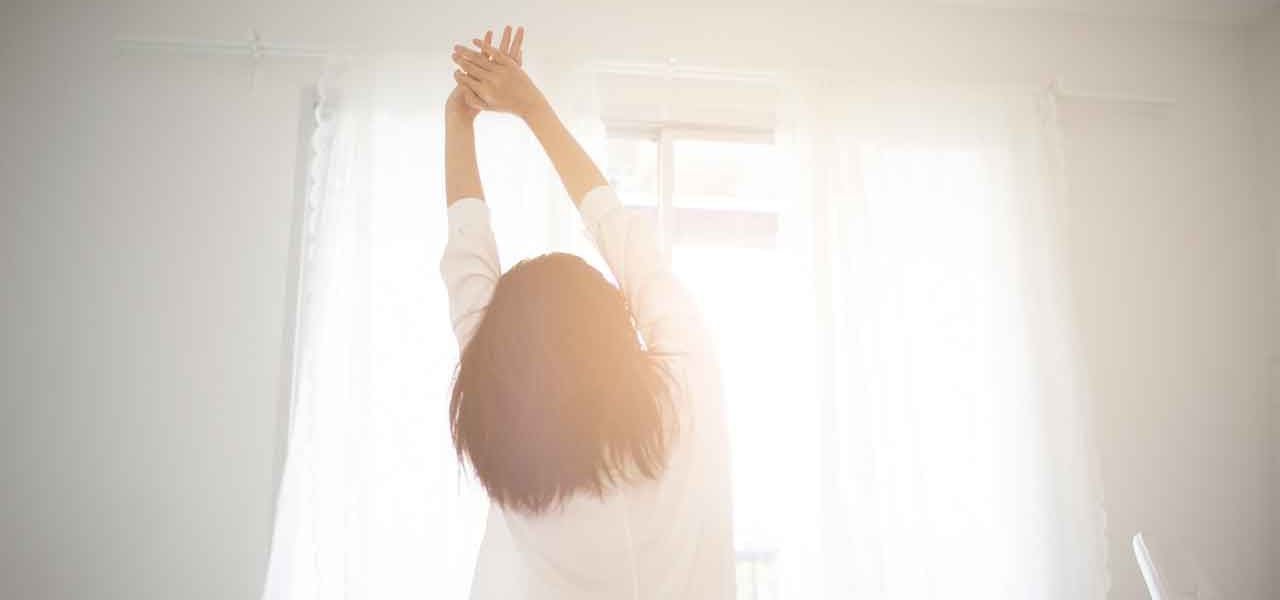May 29, 2018
Room-Sharing Without Bed-Sharing for Babies

The choices parents make about how their babies sleep often lead to polarized views and contentious debates. While opinions abound, it is imperative that parents stay informed of the latest science and the recommendations for evidence-based practice.
This is one of those times, as the American Academic of Pediatrics (AAP) has released new guidelines, driven by the desire to reduce the risk of sudden infant death syndrome (SIDS) and other factors that can lead to death, and derived from research. These guidelines apply to the first year of life.
YOU MIGHT ALSO LIKE: Avoiding Smoke Exposure During Pregnancy and After Birth
The first recommendation is that babies should sleep in the same room as parents – room-sharing can substantially reduce the risk of SIDS as much as 50 percent, according to the AAP report.
However, such risk reduction is only possible if the baby does not sleep in the parents bed. Bed-sharing can in fact be a risk factor for SIDS and other causes of infant death.
This distinction is critically important – bottom line, you want to have your baby in your room, but not in your bed. Here’s why.
If your baby is in your room, you are much more likely to become aware of any distress and can respond immediately. In addition, room-sharing makes feeding a bit easier during the overnight hours. According to the AAP, bringing the baby into the parents’ bed for feeding and comforting is not a risk factor, but parents should be vigilant about returning the baby to their sleeping area. This is important to keep in mind when waking up in the middle of the night and those many other times when fatigue will set in. Another important tip gleaned from the report is that parents should avoid feeding and comforting on couches and arm-chairs – these are high-risk situations if a parent happens to fall asleep.
The final piece, of course, is that bed-sharing can be an extremely risky situation, and that’s why you should avoid it. The AAP say to avoid devices such as in-bed co-sleepers as they do not significantly reduce the risks, and there are no protective factors either.
So, the summary points are quite clear:
Babies should sleep in the parents’ room, but not in their bed. It’s all about room-sharing without bed-sharing.


